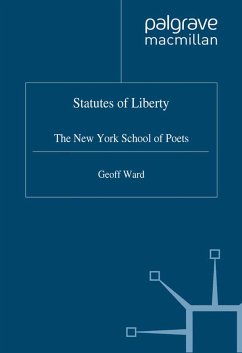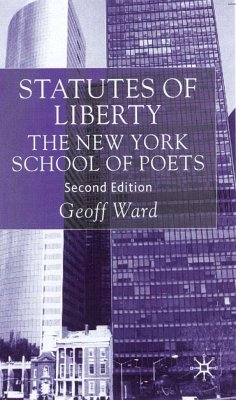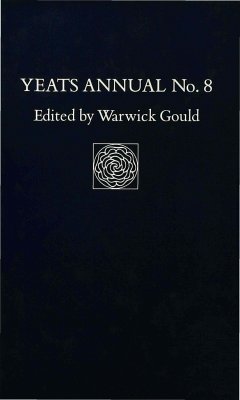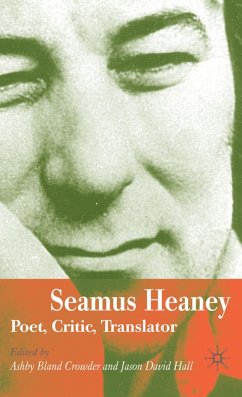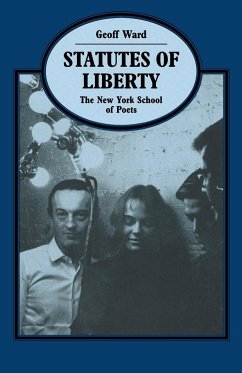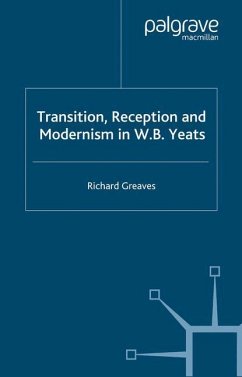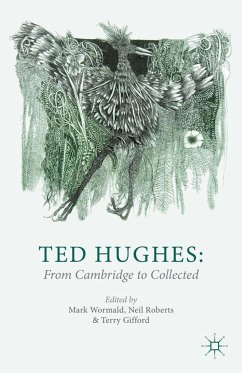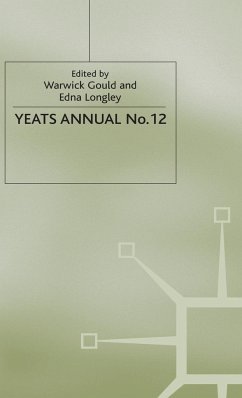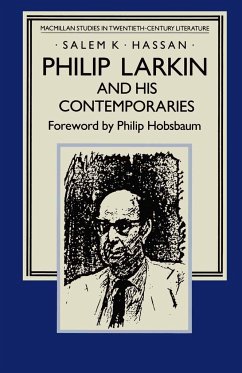
Poets on Writing
Britain, 1970-1991
Herausgegeben: Riley, Denise
Versandkostenfrei!
Versandfertig in 6-10 Tagen
43,99 €
inkl. MwSt.

PAYBACK Punkte
22 °P sammeln!
This is no academic survey, but an unique and widely-ranging collection of essays and some related poems by almost thirty contemporary poets, distinguished by their energy and thoughtfulness, who have worked for years outside the 'mainstream' of British publishing. Many are or have been small-press publishers and editors too. This engaging and lively book will serve as an introduction to the work of some fine writers, as it details how they understand the working processes of poetry.





